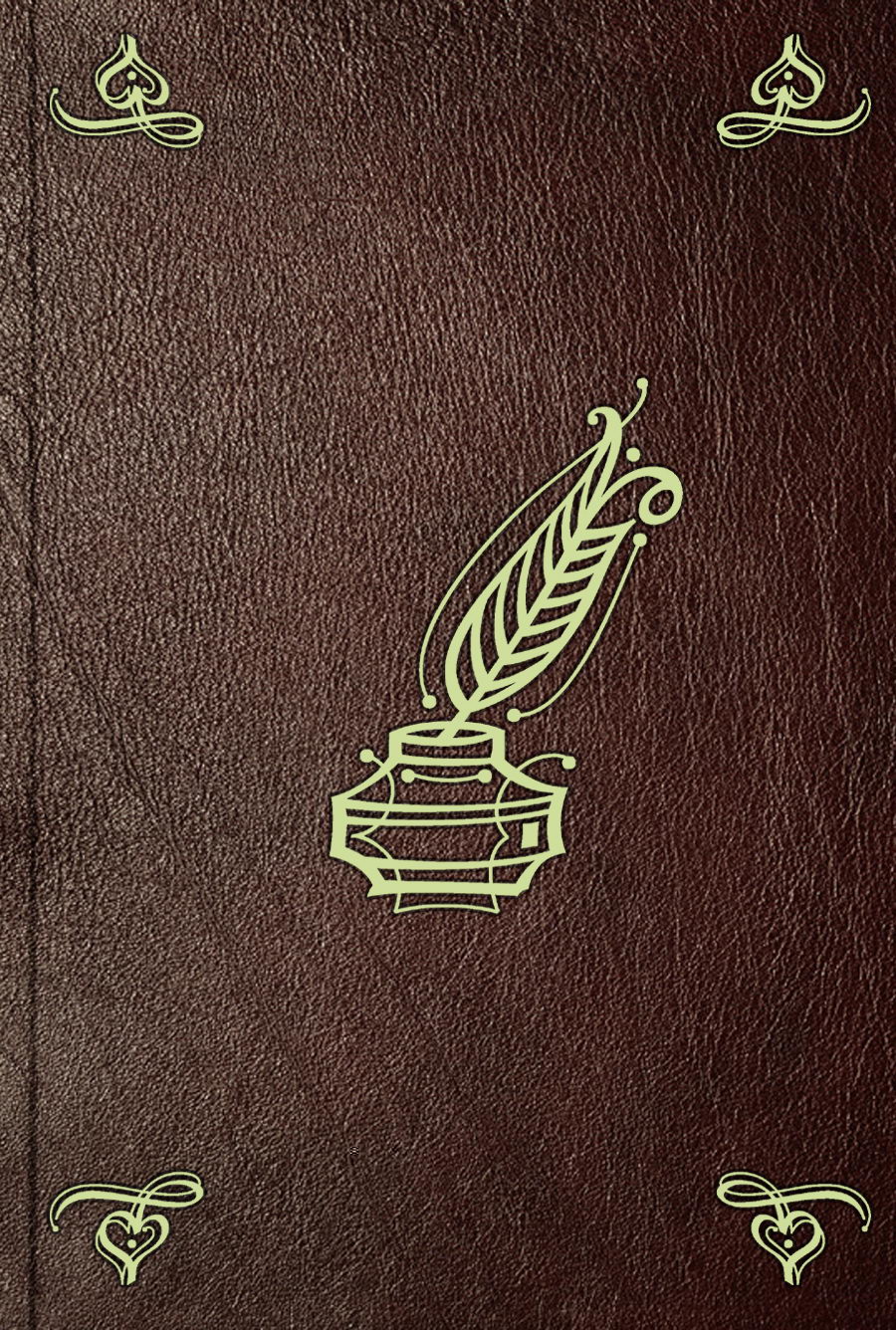Электронная книга: Richard Savage «The poetical works. Vol. 2»

|
Полный вариант заголовка: «The poetical works of Richard Savage : Vol. 2 : in 2 volumes : with the life of the author». Издательство: "Библиотечный фонд" (1780)
электронная книга Скачать бесплатно на Litres |
Другие книги автора:
| Книга | Описание | Год | Цена | Тип книги |
|---|---|---|---|---|
| The poetical works. Vol. 1 | Полный вариант заголовка: «The poetical works of Richard Savage : Vol. I : in 2 volumes : with the life of the author» — Библиотечный фонд, электронная книга Подробнее... | электронная книга |
Richard Savage
Richard Savage (c. 1697 –
Savage's parentage, while the subject of some dispute, is central to his legend. Besides the story related by Johnson, a romantic account of Savage's origin and early life, for which he supplied the material, also appeared in the Curll's "Poetical Register" in 1719.
In 1698
In 1718, Richard Savage claimed to be this child. He stated that he had been cared for by Lady Mason, his grandmother, who had put him in a school near
Savage, impostor or not,
Savage was at his best as a satirist, and in "The Author to be Let" he reported many scandals involving his fellow scribblers. Proud as he was, he was servile enough to supply
Savage was the subject of a novel, "Richard Savage" (1842), by
References
*1911
* [http://www.gutenberg.org/dirs/etext03/lvadd10.txt The Project Gutenberg EBook of Lives of the Poets: Addison, Savage, etc. by Samuel Johnson]
* [http://www.bodley.ox.ac.uk/cgi-bin/ilej/image1.pl?item=page&seq=1&size=1&id=nq.1858.11.6.6.149.x.361 Notes and Queries article about Savage]
Источник: Richard Savage
См. также в других словарях:
The Raven — is a narrative poem by the American writer Edgar Allan Poe, first published in January 1845. It is noted for its musicality, stylized language, and supernatural atmosphere. It tells of a talking raven s mysterious visit to a distraught lover,… … Wikipedia
The Dunciad — Alexander Pope The Dunciad /ˈd … Wikipedia
The Matthew poems — Wordsworth s Matthew poems are a series of poems, composed by the English Romantic poet William Wordsworth, that describe the character Matthew in Wordsworth s poetry. Contents 1 Background 2 The poems 2.1 Matthew … Wikipedia
The Battle of Sherramuir — is a song written by the Scottish poet Robert Burns (January 25, 1759 – July 21, 1796) about the Battle of Sheriffmuir which occurred in Scotland in 1715 at the height of the Jacobite rebellion in England and Scotland. It was written when Burns… … Wikipedia
The Equinox — (subtitle: The Review of Scientific Illuminism ) is a series of publications in book form that serves as the official organ of the A. .A. ., the mystical order of Aleister Crowley (although material is often of import to its sister organization,… … Wikipedia
The Country Wife — is a Restoration comedy written in 1675 by William Wycherley. A product of the tolerant early Restoration period, the play reflects an aristocratic and anti Puritan ideology, and was controversial for its sexual explicitness even in its own time … Wikipedia
